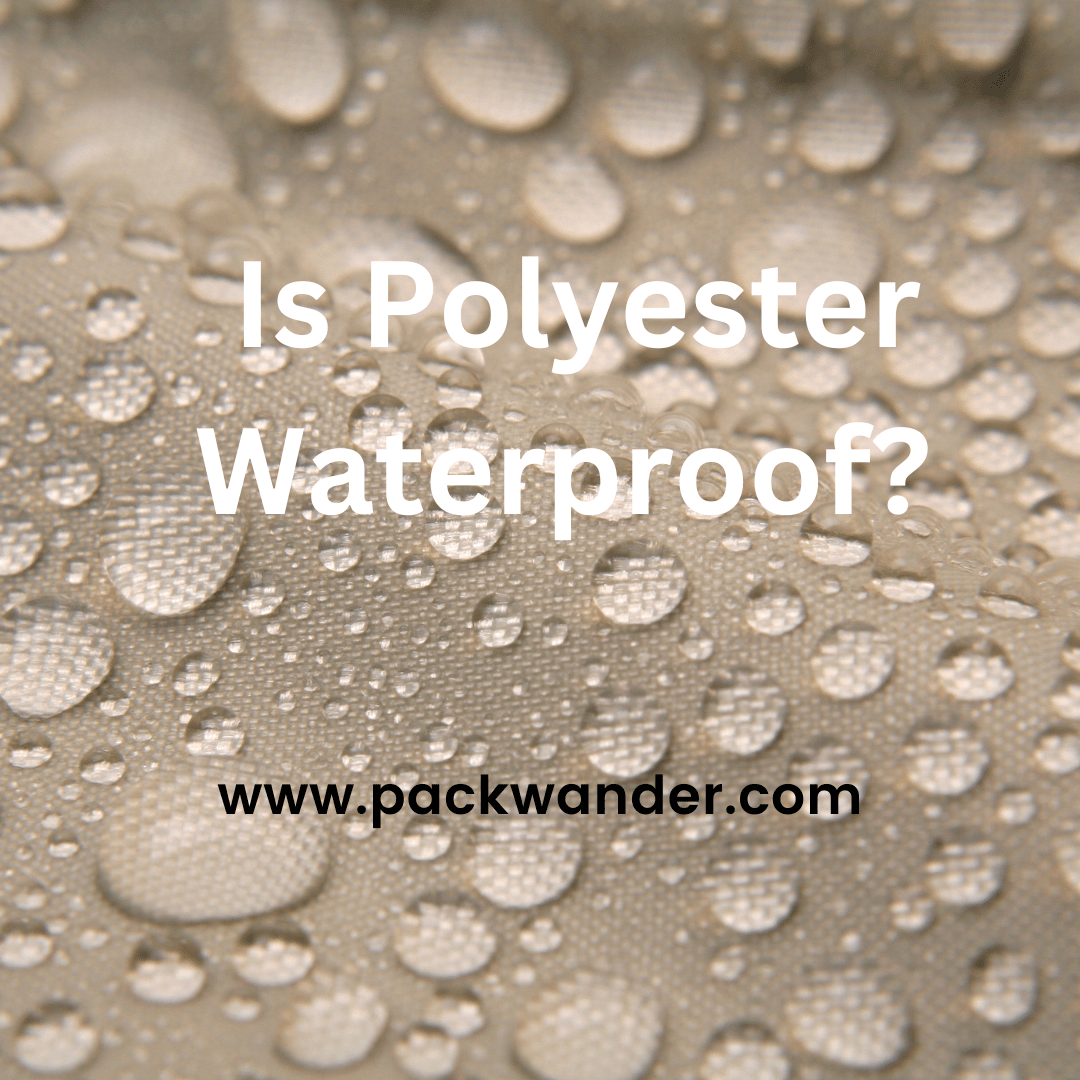Is Polyester Waterproof? Understanding Water-Resistance in Polyester Products
Introduction: Is Polyester Waterproof or Water-Resistant? Unraveling the Truth
The question of whether polyester is truly waterproof is one that often arises. The short answer is no. In fact, no material can be considered 100% waterproof. While polyester does possess water-resistant properties, it falls short of providing absolute protection against water. When faced with light rain or moisture, polyester can repel water to some extent, keeping you dry for a while. However, prolonged or heavy exposure to rain will eventually lead to saturation, allowing water to pass through. Achieving true waterproofness in fabrics requires specialized techniques and coatings, making it a challenging and costly process.
Is Polyester Waterproof or Water-Resistant? Unraveling the Truth
Polyester, a widely used synthetic material, often raises questions about its water resistance. The reality is that polyester is not waterproof. The truth is, no material can be considered entirely waterproof, as even water-resistant fabrics have their limits.
When viewed as a solid material, polyester can be deemed waterproof, albeit to a limited extent. On a molecular level, it may absorb a minuscule amount of water. However, when used as fabric, polyester is not inherently waterproof. Water can pass through the gaps between its threads, preventing it from providing absolute protection against moisture.
Despite not being fully waterproof, polyester does possess some water-resistant qualities. It exhibits a semi-hydrophobic nature, allowing it to repel water to some degree. In light rain showers, water may bead on the fabric’s surface initially. However, during heavier rain or prolonged exposure, polyester will eventually become saturated, permitting water to seep through its tiny air gaps.
Achieving complete waterproofness in polyester fabric is an expensive and time-consuming process. It involves specialized techniques like ultrasonic welding, which joins non-synthetic fibers without compromising waterproof capabilities. However, these techniques are reserved for specialized items that demand absolute protection, making them impractical for everyday use.
To enhance polyester’s water resistance, manufacturers increase the thread count, reducing the size of the air gaps between threads and minimizing water seepage. Additionally, external coatings are applied to the fabric’s surface, filling the air gaps and enhancing water resistance. These coatings are commonly used in outdoor clothing and water-resistant backpacks made of polyester.
In conclusion, while polyester is not inherently waterproof, it remains a popular choice for creating water-resistant products. Understanding the distinction between waterproof and water-resistant fabrics will help you make informed decisions when selecting outdoor clothing and gear for various weather conditions. While a water-resistant polyester backpack or garment can offer protection in light rain, true waterproofing demands specialized techniques and is best reserved for extreme circumstances.







